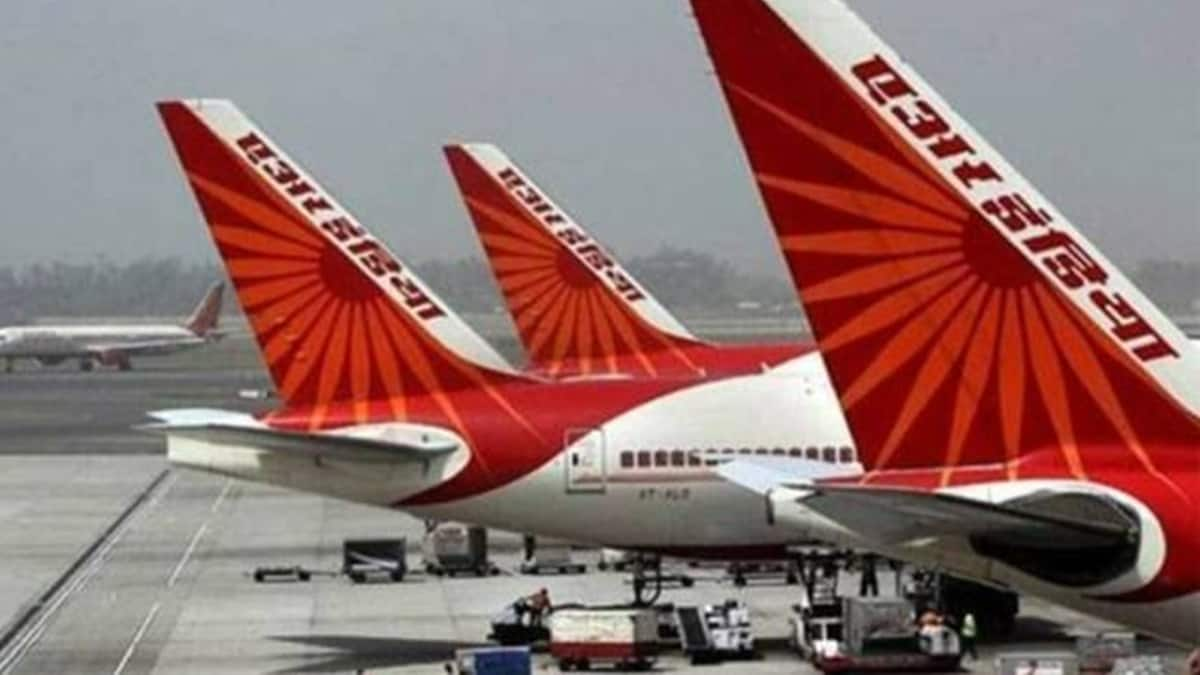Studying Abroad: UK’s crackdown on poor quality degrees
By Matthew McLellan
The UK Government’s decision to bring University courses that fail to deliver good outcomes under strict control ( those with high drop-out rates and poor employment prospects) is a step that signifies the woes of an intricately related academia-industry–economy troika, and underscores the importance of quality education in preparing students for successful careers and productive lives.
Higher education is crucial in determining the composition of the future labour force and fostering economic growth in a society where information and innovation are increasingly becoming the fundamental driving forces.
Governments all around the world are realising how crucial it is to guarantee that their institutions issue degrees that offer meaningful education and value to international students.
Degrees with Real World Relevance
Degrees must now be carefully matched to the demands of the labour market. Aligning degrees with the needs of the labour market starts a positive feedback loop for economic expansion.
As education becomes more tailored to the skills and knowledge demanded by industries, students graduate with expertise that caters to the need of the economy. This ensures a seamless transition from academia to employment, reducing the skills gap that often plagues economies and enhances social mobility by bridging the gap among students from different socio-economic backgrounds.
Focusing on Student Success
The powerful message emanating from the recent development highlights the importance of supporting student success. Universities and colleges must create environments that nurture learning and engagement in order to ensure that students have the tools and resources they need to thrive not just during the course of their academic journey but also in the aftermath of their degree’s completion.
This approach nurtures among students a sense of accomplishment and incentivises students to stay motivated to complete their degrees. For coaching platforms, this highlights the significance of providing comprehensive support that addresses academic challenges and promotes well-being.
Mitigating Student Debt
An important subtext here is to alleviate the burden of student debt. High levels of student debt can hinder graduates from pursuing opportunities that align with their passions, as they are compelled to prioritise financial stability. To create a more economically empowered workforce, we need to encourage study programs that offer a reasonable balance between cost and potential earnings. Study abroad coaching platforms can contribute by assisting students in making informed decisions while choosing a course.
Call for International Efforts
Global cooperation between governments, institutions, and study-abroad coaching platforms is another noteworthy lesson. To address the challenge of subpar education and create an environment that caters to the needs of industry and students, governments may take this as a ripe opportunity to start exchanging data on effective degree programmes and best practices.
The fact that the number of students looking for possibilities outside of their national boundaries is witnessing exponential growth accentuates that countries and their governments need to collaborate to provide students with a conducive environment that includes their well-being even after the completion of their education, to ensure that irrespective of national origin, every student obtain a top-notch and economically rewarding education wherever they decide to enrol.
Studying abroad is a complex journey that requires investment at all levels of a student’s existence- physical, mental, financial and emotional. Without a doubt, when so much is invested, the outcome must be rewarding in all aspects as well. Degrees that are not economically rewarding are an impediment to that goal.
The recent happenings in the UK vis-a-vis ‘rip-off degrees’ hold valuable lessons for others. We need to act fast to ensure that not a single student from now onwards falls prey to a degree, that costs a fortune and doesn’t yield the desired outcomes, by concentrating our efforts on making education a transformative force for individuals and economies alike.
(Author is CEO and Co-Founder of Halp.co.)


Recent Comments